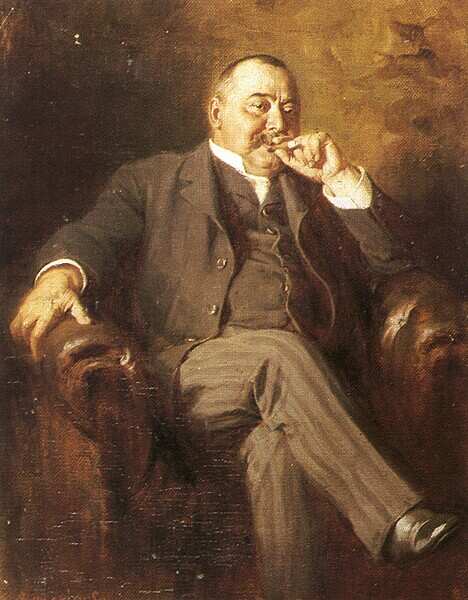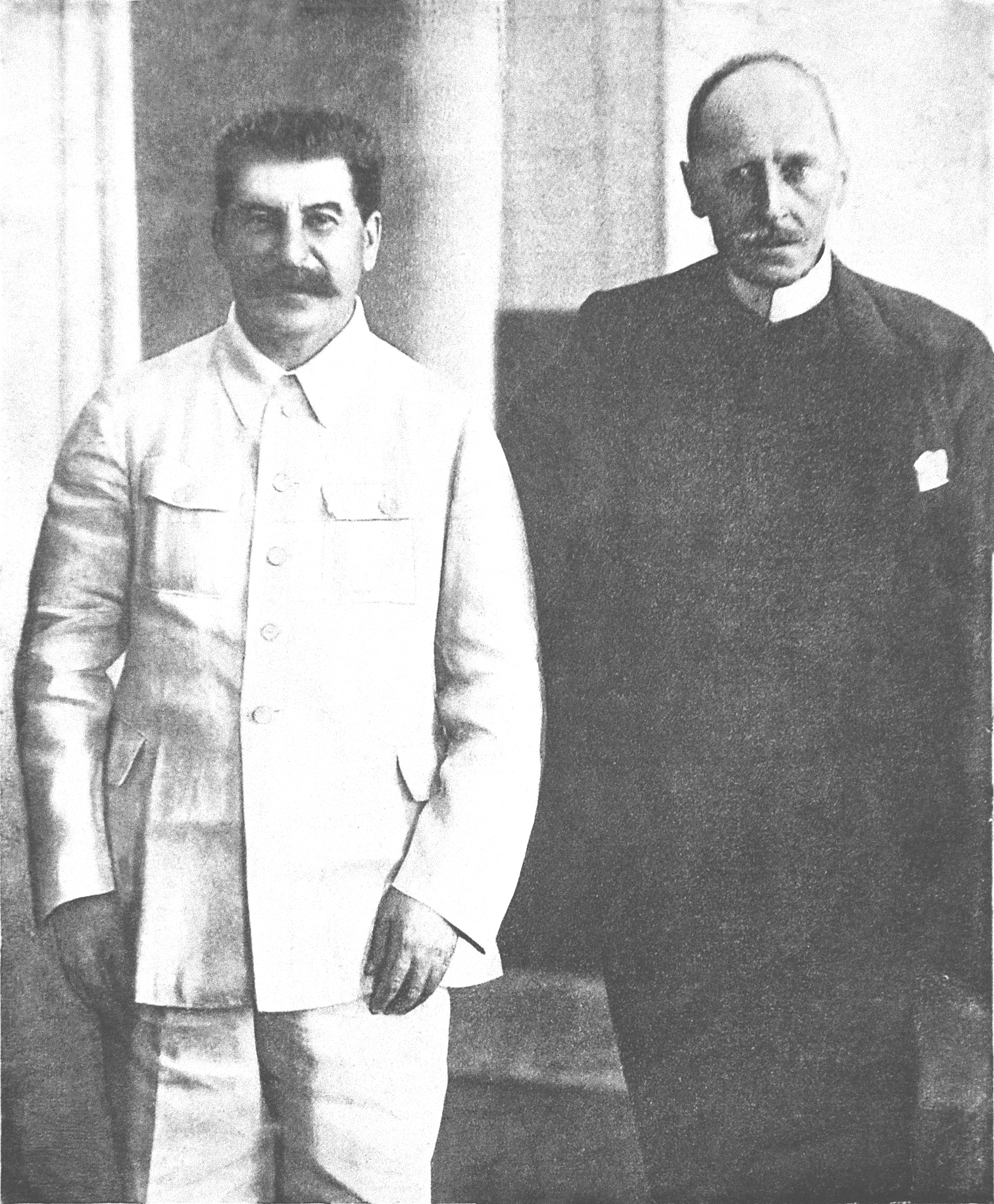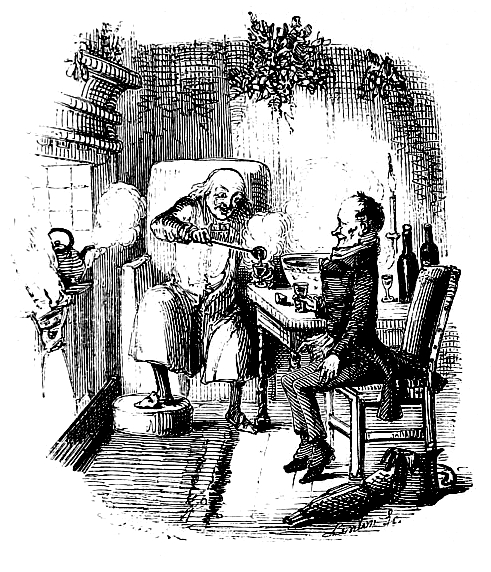|
Ján Cikker
Ján Cikker (29 July 1911 – 21 December 1989) was a Slovaks, Slovak composer, a leading exponent of modern Slovak European classical music, classical music. He was awarded the title ''National Artist'' in Slovakia, the Herder Prize (1966) and thIMC-UNESCO International Music Prize(1979). Life Cikker was born in former Austria-Hungary, today Slovakia, in Banská Bystrica. His first music teachers were his mother, Mária Psotková, and Viliam Figuš-Bystrý. After he graduated from high school, he studied at the Prague Conservatory from 1930 to 1935, where he attended courses of composition of Jaroslav Křička, of conducting and organ. He then studied at the Master's School of the Prague Conservatory from 1935 to 1936, where he was a student of Vítězslav Novák. Later on, he moved to Vienna, where he studied with Felix Weingartner from 1936-1937. From 1939 to 1949, he taught at the Bratislava Conservatory. At the same time he was a repertory advisor of the opera of the Slovak ... [...More Info...] [...Related Items...] OR: [Wikipedia] [Google] [Baidu] |
Oxford Music Online
''The New Grove Dictionary of Music and Musicians'' is an encyclopedic dictionary of music and musicians. Along with the German-language ''Die Musik in Geschichte und Gegenwart'', it is one of the largest reference works on the history and theory of music. Earlier editions were published under the titles ''A Dictionary of Music and Musicians'', and ''Grove's Dictionary of Music and Musicians''; the work has gone through several editions since the 19th century and is widely used. In recent years it has been made available as an electronic resource called ''Grove Music Online'', which is now an important part of ''Oxford Music Online''. ''A Dictionary of Music and Musicians'' ''A Dictionary of Music and Musicians'' was first published in London by Macmillan and Co. in four volumes (1879, 1880, 1883, 1889) edited by George Grove with an Appendix edited by J. A. Fuller Maitland in the fourth volume. An Index edited by Mrs. E. Wodehouse was issued as a separate volume in 1890. In ... [...More Info...] [...Related Items...] OR: [Wikipedia] [Google] [Baidu] |
Josef Čapek
Josef Čapek (; 23 March 1887 – April 1945) was a Czech artist who was best known as a painter, but who was also noted as a writer and a poet. He invented the word "robot", which was introduced into literature by his brother, Karel Čapek. Life Čapek was born in Hronov, Bohemia (Austria-Hungary, later Czechoslovakia, now the Czech Republic) in 1887. First a painter of the Cubist school, he later developed his own playful, minimalist style. He collaborated with his brother Karel on a number of plays and short stories; on his own, he wrote the utopian play ''Land of Many Names'' and several novels, as well as critical essays in which he argued for the art of the unconscious, of children, and of 'savages'. He was named by his brother as the true inventor of the term ''robot''. As a cartoonist, he worked for ''Lidové Noviny,'' a newspaper based in Prague. Due to his critical attitude towards national socialism and Adolf Hitler, he was arrested after the German invasion of Cze ... [...More Info...] [...Related Items...] OR: [Wikipedia] [Google] [Baidu] |
Karel Čapek
Karel Čapek (; 9 January 1890 – 25 December 1938) was a Czech writer, playwright and critic. He has become best known for his science fiction, including his novel ''War with the Newts'' (1936) and play ''R.U.R.'' (''Rossum's Universal Robots'', 1920), which introduced the word ''robot''.Oxford English Dictionary: robot n2 He also wrote many politically charged works dealing with the social turmoil of his time. Influenced by American pragmatic liberalism, he campaigned in favor of free expression and strongly opposed the rise of both fascism and communism in Europe. Though nominated for the Nobel Prize in Literature seven times, Čapek never received it. However, several awards commemorate his name, such as the Karel Čapek Prize, awarded every other year by the Czech PEN Club for literary work that contributes to reinforcing or maintaining democratic and humanist values in society. He also played a key role in establishing the Czechoslovak PEN Club as a part of Internatio ... [...More Info...] [...Related Items...] OR: [Wikipedia] [Google] [Baidu] |
Kálmán Mikszáth
Kálmán Mikszáth de Kiscsoltó (16 January 1847 – 28 May 1910) was a widely reputed Hungarian novelist, journalist, and politician. His work remains in print in Hungarian and still appears from time to time in other languages. Biography Mikszáth was born in Szklabonya (also known as Sklabiná or Szlabonya),In parentheses are official names valid and used in 1808–1863 Upper Hungary (now Sklabiná, Slovakia) into a family of the lesser nobility. He studied law at the University of Budapest from 1866 to 1869, although he did not apply for any exam, and became involved in journalism, writing for many Hungarian newspapers including the '. Mikszáth's early short stories were based on the lives of peasants and artisans and had little appeal at the time. However, they demonstrated his skill in crafting humorous anecdotes, which would be developed in his later, more popular works. Many of his novels contained social commentary and satire, and towards the end of his life they b ... [...More Info...] [...Related Items...] OR: [Wikipedia] [Google] [Baidu] |
Coriolanus (play)
''Coriolanus'' ( or ) is a tragedy by William Shakespeare, believed to have been written between 1605 and 1608. The play is based on the life of the legendary Roman leader Caius Marcius Coriolanus. Shakespeare worked on it during the same years he wrote '' Antony and Cleopatra'', making them the last two tragedies written by him. Coriolanus is the name given to a Roman general after his military feats against the Volscians at Corioli. Following his success he seeks to be consul, but his disdain for the plebeians and the mutual hostility of the tribunes lead to his banishment from Rome. He presents himself to the Volscians, then leads them against Rome. Characters ''Romans'' * Caius Marcius – later surnamed Coriolanus * Menenius Agrippa – Senator of Rome * Cominius – consul and commander-in-chief of the army * Titus Larcius – Roman general * Volumnia – Coriolanus' mother (historically, Veturia) * Virgilia – Coriolanus' wife * Young Martius – Coriolanus' son ... [...More Info...] [...Related Items...] OR: [Wikipedia] [Google] [Baidu] |
Shakespeare
William Shakespeare ( 26 April 1564 – 23 April 1616) was an English playwright, poet and actor. He is widely regarded as the greatest writer in the English language and the world's pre-eminent dramatist. He is often called England's national poet and the " Bard of Avon" (or simply "the Bard"). His extant works, including collaborations, consist of some 39 plays, 154 sonnets, three long narrative poems, and a few other verses, some of uncertain authorship. His plays have been translated into every major living language and are performed more often than those of any other playwright. He remains arguably the most influential writer in the English language, and his works continue to be studied and reinterpreted. Shakespeare was born and raised in Stratford-upon-Avon, Warwickshire. At the age of 18, he married Anne Hathaway, with whom he had three children: Susanna Hall, Susanna, and twins Hamnet Shakespeare, Hamnet and Judith Quiney, Judith. Sometime between 1585 and 1592, ... [...More Info...] [...Related Items...] OR: [Wikipedia] [Google] [Baidu] |
Romain Rolland
Romain Rolland (; 29 January 1866 – 30 December 1944) was a French dramatist, novelist, essayist, art historian and Mysticism, mystic who was awarded the Nobel Prize for Literature in 1915 "as a tribute to the lofty idealism of his literary production and to the sympathy and love of truth with which he has described different types of human beings". He was a leading supporter of Joseph Stalin in France and is also noted for his correspondence with and influence on Sigmund Freud. Biography Rolland was born in Clamecy, Nièvre into a family that had both wealthy townspeople and farmers in its lineage. Writing introspectively in his ''Voyage intérieur'' (1942), he sees himself as a representative of an "antique species". He would cast these ancestors in ''Colas Breugnon'' (1919). Accepted to the École normale supérieure in 1886, he first studied philosophy, but his independence of spirit led him to abandon that so as not to submit to the dominant ideology. He received his degr ... [...More Info...] [...Related Items...] OR: [Wikipedia] [Google] [Baidu] |
Resurrection (Tolstoy Novel)
''Resurrection'' ( pre-reform Russian: ; post-reform rus, Воскресение, Voskreséniye, also translated as ''The Awakening''), first published in 1899, was the last novel written by Leo Tolstoy. The book is the last of his major long fiction works published in his lifetime. Tolstoy intended the novel as a panoramic view of Russia at the end of the 19th century from the highest to the lowest levels of society and an exposition of the injustice of man-made laws and the hypocrisy of the institutionalized church. The novel also explores the economic philosophy of Georgism, of which Tolstoy had become a very strong advocate towards the end of his life, and explains the theory in detail. The publication of ''Resurrection'' led to Tolstoy's excommunication by the Holy Synod from the Russian Orthodox Church in 1901. Background The theme for the new novel had been supplied by Tolstoy's friend Anatoly Koni. He told Tolstoy the story of a man who had come to him for legal aid. As ... [...More Info...] [...Related Items...] OR: [Wikipedia] [Google] [Baidu] |
Tolstoy
Count Lev Nikolayevich TolstoyTolstoy pronounced his first name as , which corresponds to the romanization ''Lyov''. () (; russian: link=no, Лев Николаевич Толстой,In Tolstoy's day, his name was written as in pre-reformed Russian. ; ), usually referred to in English as Leo Tolstoy, was a Russian writer who is regarded as one of the greatest authors of all time. He received nominations for the Nobel Prize in Literature every year from 1902 to 1906 and for the Nobel Peace Prize in 1901, 1902, and 1909; the fact that he never won is a major controversy. Born to an aristocratic Russian family in 1828, Tolstoy's notable works include the novels ''War and Peace'' (1869) and ''Anna Karenina'' (1878), often cited as pinnacles of realist fiction. He first achieved literary acclaim in his twenties with his semi-autobiographical trilogy, ''Childhood'', '' Boyhood'', and ''Youth'' (1852–1856), and '' Sevastopol Sketches'' (1855), based upon his experiences in t ... [...More Info...] [...Related Items...] OR: [Wikipedia] [Google] [Baidu] |
Vzkriesenie
''Vzkriesenie'' (1960) is an opera by Ján Cikker. It is based on Leo Tolstoy's last novel, ''Resurrection Resurrection or anastasis is the concept of coming back to life after death. In a number of religions, a dying-and-rising god is a deity which dies and is resurrected. Reincarnation is a similar process hypothesized by other religions, which ...'' (1899). References External links 1960 operas Slovak-language operas Operas Operas by Ján Cikker Operas based on works by Leo Tolstoy {{opera-stub ... [...More Info...] [...Related Items...] OR: [Wikipedia] [Google] [Baidu] |
A Christmas Carol
''A Christmas Carol. In Prose. Being a Ghost Story of Christmas'', commonly known as ''A Christmas Carol'', is a novella by Charles Dickens, first published in London by Chapman & Hall in 1843 and illustrated by John Leech. ''A Christmas Carol'' recounts the story of Ebenezer Scrooge, an elderly miser who is visited by the ghost of his former business partner Jacob Marley and the spirits of Christmas Past, Present and Yet to Come. After their visits, Scrooge is transformed into a kinder, gentler man. Dickens wrote ''A Christmas Carol'' during a period when the British were exploring and re-evaluating past Christmas traditions, including carols, and newer customs such as Christmas cards and Christmas trees. He was influenced by the experiences of his own youth and by the Christmas stories of other authors, including Washington Irving and Douglas Jerrold. Dickens had written three Christmas stories prior to the novella, and was inspired following a visit to the Field Lan ... [...More Info...] [...Related Items...] OR: [Wikipedia] [Google] [Baidu] |


.jpg)




